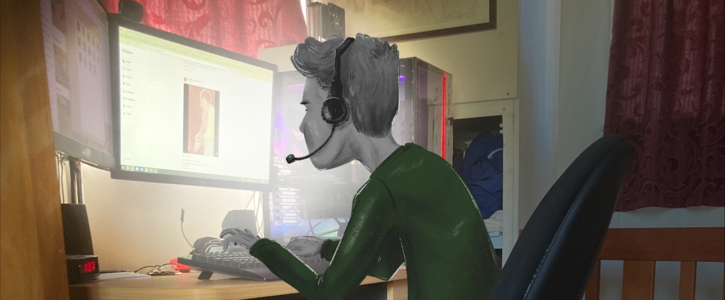https://www.youtube.com/watch?v=6x-haSgcj-QThere are currently an overwhelming number of helplines for migrant exploitation, labour exploitation, sexual violence and child abuse, which are operated by both government and non-government organisations. With so many options, exploitation victim-survivors often feel confused about where to get the best information on their situation, before even considering formal reporting through the police or other agencies.
Exploitation is a unique form of abuse as it involves some form of commodification of people (including online or through technology-assisted methods), and requires a specialised emergency response and approach to victim-survivor recovery initiatives.
The Slave Check Foundation's research [1], involving 12 adult survivors from New Zealand and Australia, revealed alarming gaps in recognition and response when victims sought help. The overwhelming response from all the survivors who took part in the research was that they wanted a helpline and that the existing helplines are confusing for them.
A staggering 60 percent of surveyed survivors reported that initial attempts to seek assistance from organisations such as the police, medical agencies, or helplines did not result in recognition of their situation being exploitative. As stated in the 2022 Trafficking in Persons report produced by the US State Department, "the Government of New Zealand does not fully meet the minimum standards for the elimination of trafficking" and does not yet have a national referral mechanism in place which includes a dedicated helpline [2].
Overall, victims of exploitation and trafficking face numerous barriers to reporting and/or receiving support, including a lack of awareness and tailored, trauma-informed support.
Implementing a new helpline monitored by highly trained people who can deliver streamlined, trauma-informed support and information will lead to:
a) increased reporting of exploitation,
b) safeguarding individuals who are in, or vulnerable to exploitative situations,
c) more accurate and representative data of the scale of the issue and information for intervention and prevention targets and strategies.
Given the mistrust and anxiety associated with reporting via government channels, this helpline should connect to official channels where required and appropriate help services, but be administered by a non-government organisation. An increase in reporting will also create more vulnerability for victim-survivors if wrap-around services are not available, so this needs to be a key priority in the development of a dedicated helpline and referral system.
The helpline should be adapted to suit a range of accessibility and language needs, offer multiple access points, including phone, web, chatbot, and text.
A dedicated and centralised helpline system would remove the barriers and allow for easier help seeking for victims of trafficking and exploitation, aligning Aotearoa New Zealand with international best practice for addressing exploitation and trafficking.
Will you join us in calling for an Aotearoa New Zealand where everyone is valued and cared for by their communities?
------------------------------------------------
For further information:
https://www.ecpat.org.nz/act-now/ References


